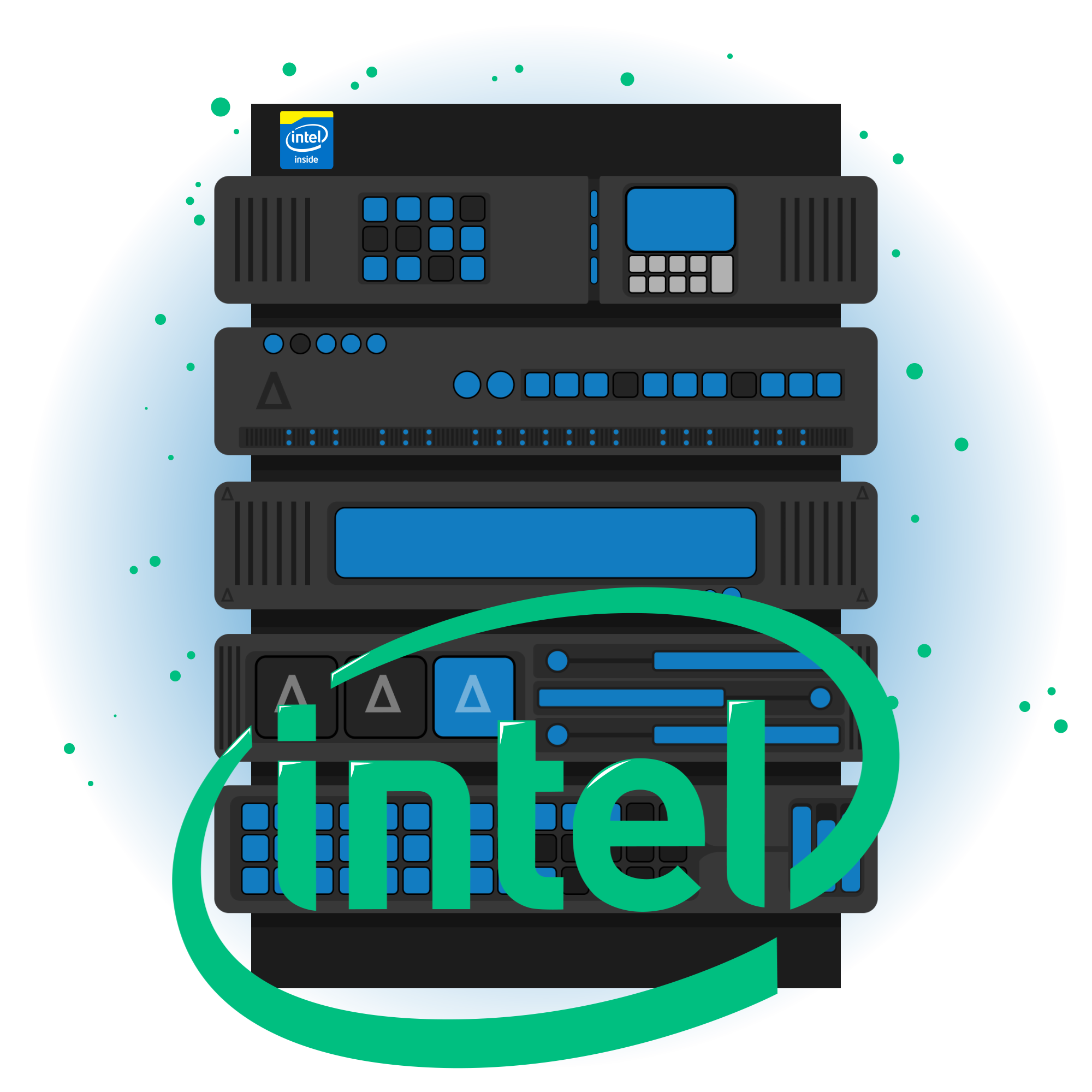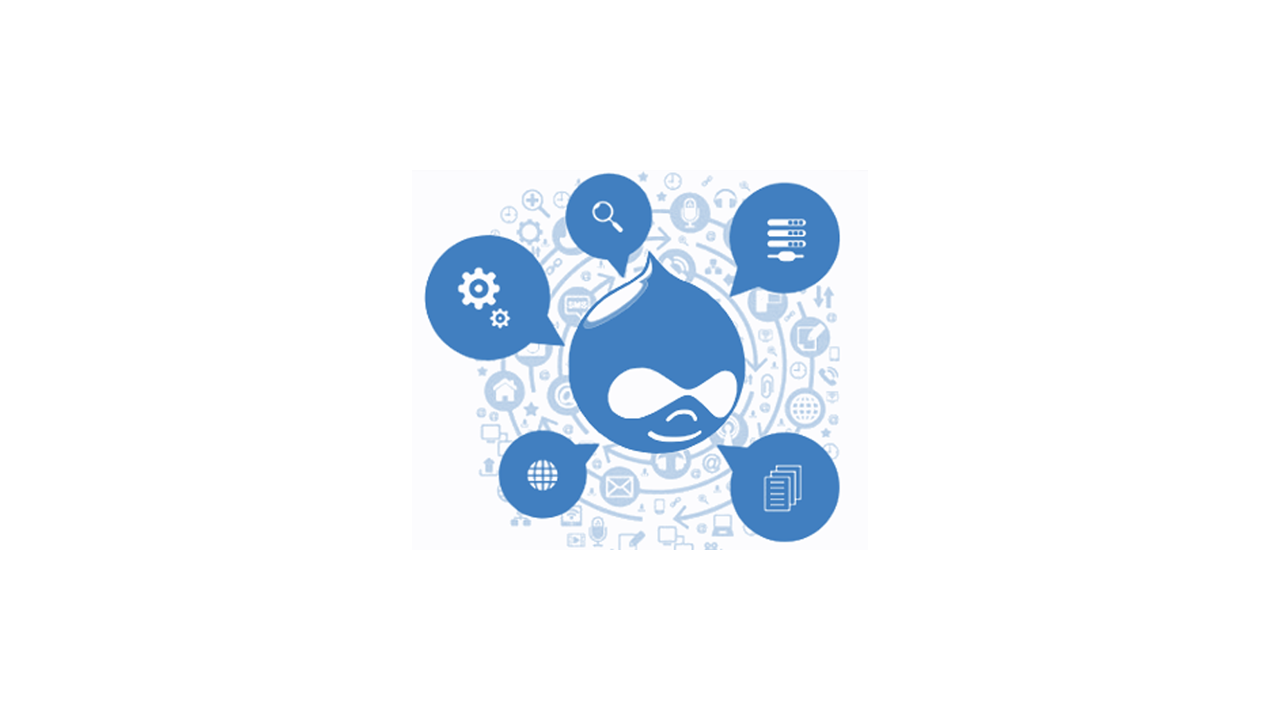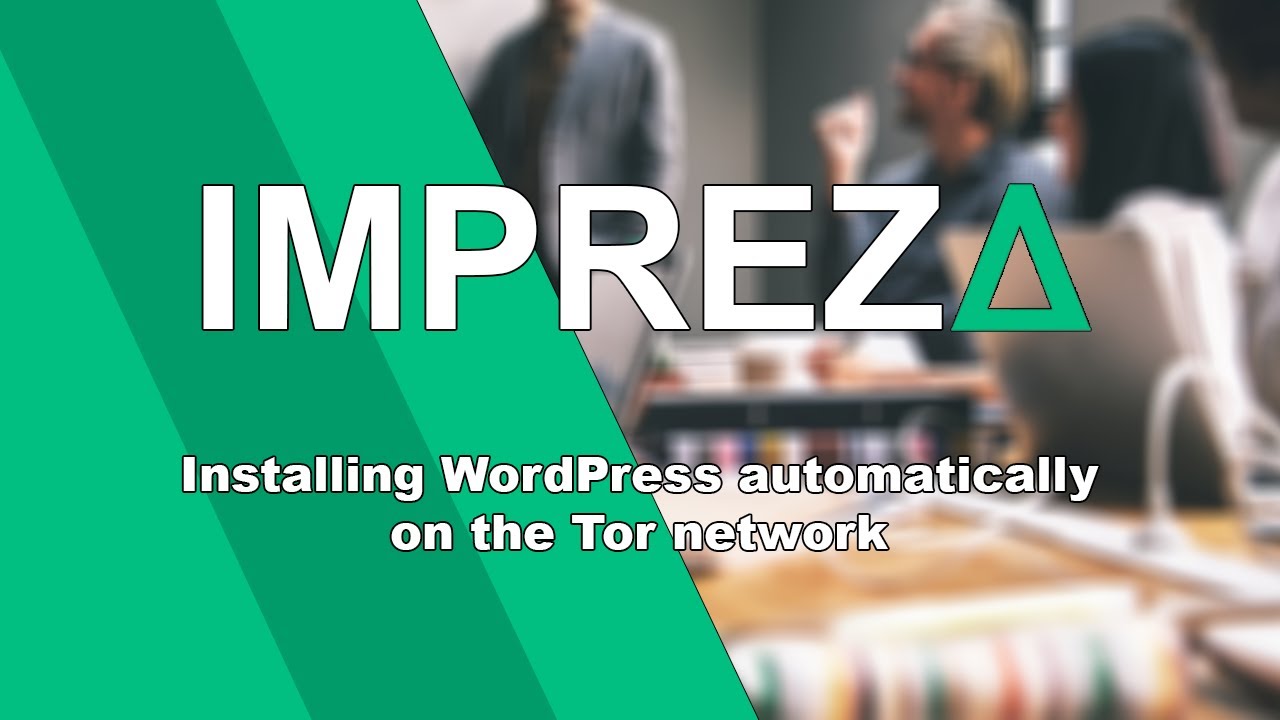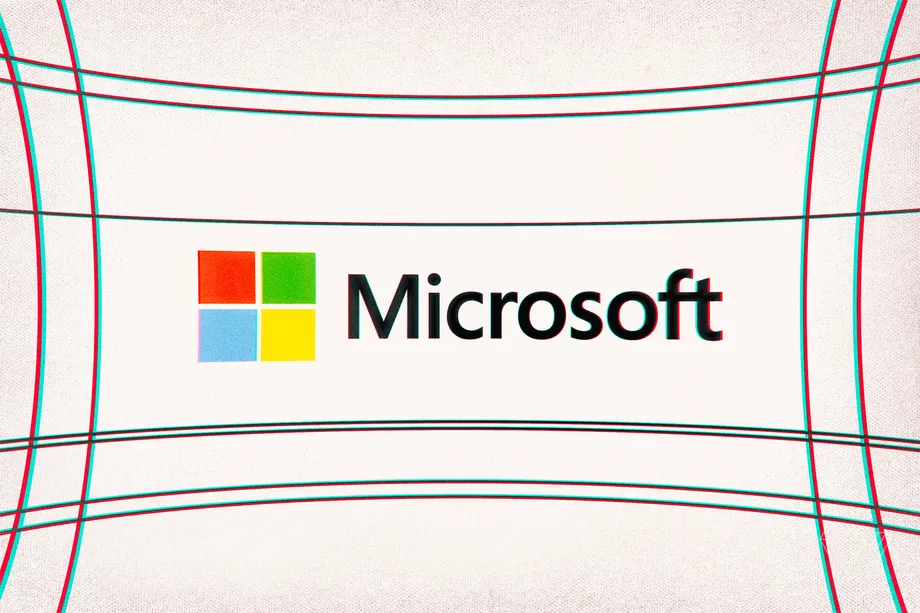Drupal is one of the most best open source software. Specifically created for the content management system (CMS) framework, Drupal has several unique features that make it very different and much more powerful than its other CMS counterparts. Scripted in PHP and generated under General Public License, Drupal has become a preferred choice of developers in recent years. Since it is free of any licensing costs, more and more business enterprises are choosing Drupal for building their websites and other web applications. The market share of Drupal is around five percent and it powers 2.2 of the total websites on the virtual platform. Even though, it is ranked quite behind WordPress in terms of popularity and downloads, Drupal has built a great reputation for being a robust tool for building complex websites and applications. This open source CMS is meant for enterprise usage and that is why it powers websites of The Economist, BBC, NBC, Mint, Arizona University, MTV UK, Amnesty International, University of Oxford and more.
The story of Drupal’s beginning starts from the University of Antwerp when the students Dries Buytaert and Hans Snijder created a collaborative news board with wireless bridge for connecting with friends and for sharing ideas, announcements and news. After completing the graduation, Dries decided to put the software online to stay in touch with friends. When registering the domain name, Dries thought of dorp.org. “Dorp” means “village” in Dutch language. But he mistyped “dorp” as “drop” and the Dries decided to keep the name. Once drop.org was online, its audience began to grow and soon it was a community to talk about the latest web technologies and innovative ideas. Systems for syndication, moderation and authentication were discussed in depth and drop.org changed into a personal experimentation space. It was in January 2001, Dries released the software behind drop.org as an open source project renaming it as “drupal”. Thus the new open source software was available to a large community of developers and it can be accessed and modified by anyone. And the rest is history. Currently, over 1,979 themes and 26,547 modules are available on Drupal.org. Moreover, it has the largest global community of more than one million of developers, designers, strategists, editors and other professionals working together to provide support and improve the open source software.
In comparison to WordPress and Joomla, Drupal is the hardest yet most powerful content management system. What makes Drupal development so unique? Benefits are many including enormous scalability, freely extensible, flexibility, rapid deployment, top-notch security features and affordability. Rather than eyeing the general market of blogging platforms and portfolio websites, Drupal has bigger plans for future. It is gearing up for the enterprise segment and in the recent years, Drupal has garnered good interest among the enterprise users. Reliability, system scalability, manageability, security, interoperability and availability of resources have made Drupal an enterprise-class CMS. Moreover, the open source CMS is highly customizable to meet any enterprise requirement. Agile development methodology followed for the Drupal development allows the rapid deployment of web applications.
If you are planning to launch a website or ecommerce store, then Drupal is an ideal choice of open source platform to consider. But make it a point to hire the most skilled developers to work on the project in order to avail the best quality solutions. As the popularity of Drupal is rising, it might be a difficult task to find experienced and skilled Drupallers. Having a better idea about the different kinds of Drupal professionals is integral. So you need to know whether you need a themer, site builder or a module developer for your project. Knowing your needs and asking for it is the first step of hiring Drupal developers. Once you have found a few potential candidates, it is time to dig deeper into their professional experience and skills. Checking out their work portfolio or having a follow-up with their previous clients can prove beneficial. Enquire whether they are a member in Drupal.org community. If yes, ask for their user number and go through their profile to view their activities. Finally, schedule a meeting with the candidate. You can discuss your requirements and ask for their proposed work plan. If everything falls in place, then you have the right professional to entrust with your project.











